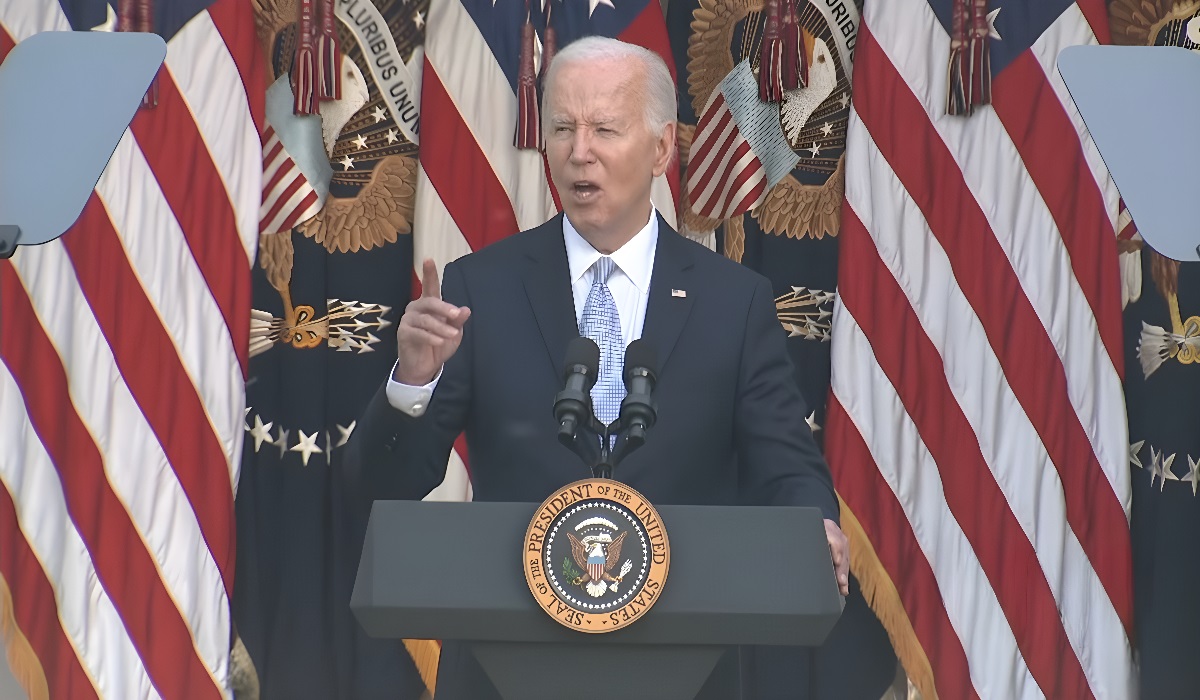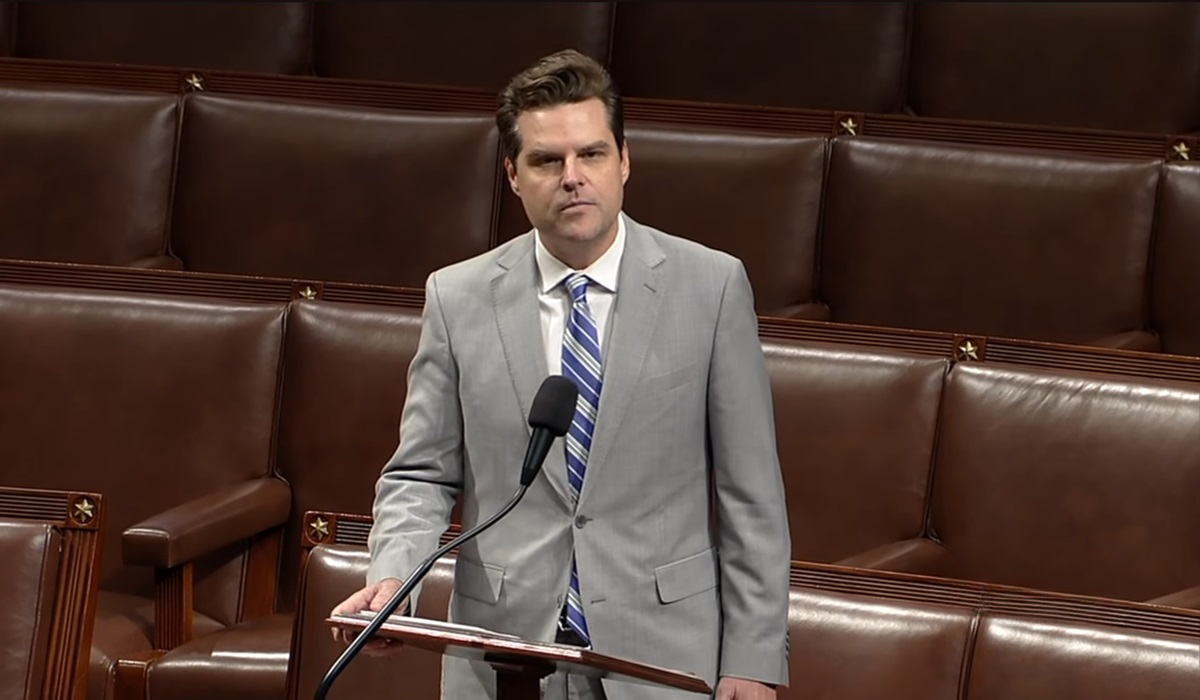Biden’s Priorities: Netanyahu or The American People? Rejects ICC War Crimes Against Israel
- TDS News
- Breaking News
- May 21, 2024

In a contentious address, U.S. President Joe Biden has encountered fierce condemnation for his adamant dismissal of the International Criminal Court’s (ICC) demand for warrants against Israeli officials under charges of genocide and war crimes. Speaking to a pro-Israel assembly, Biden’s declarations have ignited ire and dismay among numerous Americans and the global community, casting doubt on his dedication to human rights and international law.
Biden’s address was unequivocal. “Let me be clear. We reject the icc’s application for restaurants against Israeli needed. Whatever these warrants May apply there is no equivalence between Israel and Hamas. And it’s clear, israel wants to do all it can to ensure civilian protoect, but let me be clear, contrary to allegations made against Israel by the international court of justice, what’s happening is not genocide”
The severity of Biden’s pronouncement is accentuated by his prior endorsement of the ICC’s arrest warrant for Russian President Vladimir Putin on comparable accusations of war crimes. This double standard has not escaped notice and has intensified criticism that Biden’s stance on international justice is inconsistent and politically driven.
Detractors assert that Biden’s repudiation of the ICC’s conclusions against Israel, while embracing similar actions against Putin, undermines the credibility of his administration. It suggests a selective approach to international law that favors political allies and undermines the universality of human rights principles. The president’s address has been described as disgraceful and hypocritical, setting a perilous precedent where geopolitical alliances overshadow the quest for justice and accountability.
Biden’s speech, delivered to an approving audience, was an unmistakable signal of his administration’s unwavering support for Israel, even amidst grave allegations. However, this position is not devoid of substantial political and ethical repercussions.
By aligning so closely with Israeli Prime Minister Benjamin Netanyahu, who has been accused of enacting policies that many see as oppressive and even genocidal, Biden has alienated significant segments of his voter base. Young voters, minority groups, and particularly American Muslims, who have been outspoken in their support for Palestinian rights, feel betrayed by the administration’s stance. These groups have been crucial in mobilizing support for Biden and the Democratic Party, and their disenchantment will have serious ramifications in the forthcoming election.
Furthermore, Biden’s dismissal of the ICC’s findings places him at odds with key international allies. Nations like France have expressed their support for the ICC’s jurisdiction and its endeavors to hold accountable those responsible for war crimes, regardless of their political affiliations. This divergence in stance could strain diplomatic relations and further diminish the US’s standing as a proponent of human rights.
The United States, like Israel, is not a signatory to the ICC, a decision rooted in a history of military interventions and concerns over sovereignty and international oversight. However, Biden’s outright rejection of the ICC’s authority in this instance appears to many as an endorsement of impunity for powerful states and their leaders.
The broader implications of Biden’s speech are disconcerting. As the devastation in Gaza persists, with numerous reports of civilian casualties and humanitarian crises, Biden’s stance seems to many as an endorsement of these actions. Moreover, the billions of dollars in aid sent to Israel by the US contribute to the ongoing violence and suffering of the Palestinian people, funds that could otherwise address pressing domestic needs within the US.
As the 2024 presidential election looms, Biden’s recent actions could prove pivotal. Many Americans are grappling with a profound sense of disillusionment and betrayal. The president, who once seemed to offer a hopeful alternative to the divisive politics of his predecessor, is now viewed by some as complicit in perpetuating violence and injustice on the international stage.
The decision voters face in November is stark. Both leading candidates have significant character flaws, and for many, neither option seems to offer a clear path forward. The erosion of trust in leadership, exacerbated by Biden’s recent statements, has left America in a deeply divided and uncertain state.
The Commander in Chief’s repudiation of the ICC’s warrants against Israeli officials marks a troubling moment in his presidency. It underscores a purposeful blindness in his administration’s approach to international law and human rights, raising serious questions about the values and principles that guide US foreign policy.
As the world observes the ongoing conflict in Gaza and the suffering of its people, the US stands at a crossroads. Will it continue to support actions that many view as oppressive and unjust, or will it take a stand for universal human rights and justice? Biden’s recent speech suggests the former, and for many Americans, this is a deeply troubling direction.
In the coming months, the American electorate will have to grapple with these issues and make a critical decision about the future of their country and its role in the world. The stakes could not be higher, and the need for principled leadership has never been more urgent.








